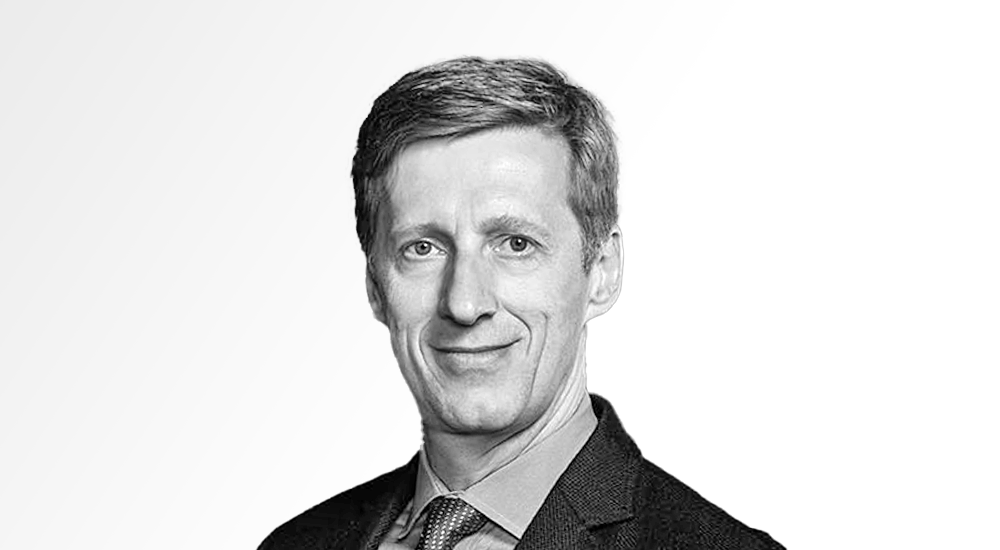European investors remain at the forefront of sustainable investing but their views on ESG continue to evolve, Darek Wojnar, head of funds and managed accounts for Northern Trust Asset Management (NTAM), said.
Speaking to ETF Stream, Wojnar said investors in Europe are far more conscious of the risks associated with not investing sustainably than some of their global counterparts with many highlighting the tightly linked relationship between portfolio risks and ESG.
“From a European-centric view, investors care not only about having well-constructed portfolios, but they also care to understand any risks related to sustainability that might be embedded within,” he said.
“We all have varying views on how much risk capacity a portfolio can take which is why some investors are more likely to accept certain risks, related to environmental, governance, and social practices, while others try to avoid them
“Many investors want to understand the risk implications of the environmental practices the companies they invest in adopt. European investors, particularly institutional investors, tend to be at the forefront of that concern.”
While European investors might be more sophisticated in their view on ESG, a recent Morningstar survey found that asset owners still have a diverse range of approaches to the implementation of ESG within their portfolios.
When it comes to investors’ approaches to ESG, 59% said they were considered only to the extent they were deemed financially relevant while 41% saw ESG considerations as a valid objective in their own right.
Just 11% of respondents were willing to sacrifice financial return to pursue ESG objectives.
Wojnar added, “investors are continuing to evolve their views on ESG, which are still heavily reliant on companies’ inconsistent ESG disclosures and a shifting regulatory environment.”
“Regulation is definitely shifting and can be viewed by some as prescriptive,” he said. “While investors are still evolving their views, our goal is to try and help them make the best decision out of the available information.”
Wojnar said NTAM leverages frameworks such as those developed by the Task Force for Climate-Related Financial Disclosures and Sustainable Accounting Standards Board to helps investors view sustainable investing through a “more comprehensive lens”.
Towards that end, NTAM has developed the Northern Trust ESG Vector Score, a measurement that assesses financially relevant ESG-related risks.
NTAM also offers several registered products incorporating sustainable elements, including four ESG and climate ETFs in its FlexShares European-registered funds that target low volatility and high dividend-paying stocks across developed and emerging markets.
Measured growth
Alongside its sustainable offering, the group also listed the $134.6m FlexShares Listed Private Equity UCITS ETF (FLPE) in December 2021, taking its ETF range to five since coming to market in March 2021.
Wojnar said the firm will continue to build on this offering in a “measured way”, targeting fixed income and thematic products with a sustainable twist as deemed necessary.
“You will not see us flooding the marketplace with products but gradually we will expand over time, leveraging our global platform and delivering it with a local focus on clients,” he said. “If you look at our global platform, NTAM has a unique offering of fixed-income capabilities which we are still yet to develop in EMEA. We also have thematic products that include global natural resources and sustainable infrastructure.”
Uncertainties around the current macro environment will also be key to how NTAM grows its ETF range going forward. The asset manager said it will also provide opportunities for investors.
“All of that uncertainty provides openings for investors to assess their strategic and tactical allocations,” Wojnar said. “That creates an opportunity for asset managers too.”
He added both asset managers and investors are switching to the reality of the rising costs of running an “appropriately risk-managed business in a challenging asset environment”.
“Revenues for everyone in the industry seem to be somewhat lower,” Wojnar said. “We always want to make sure that we can serve clients today but also make investments that will pay dividends five years from now.
“It is imperative that we take a longer-term view while also managing current uncertainties within the shifting market environment.”
Related articles



